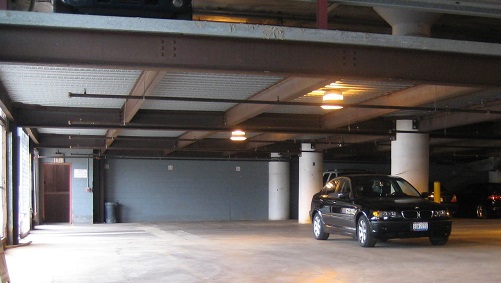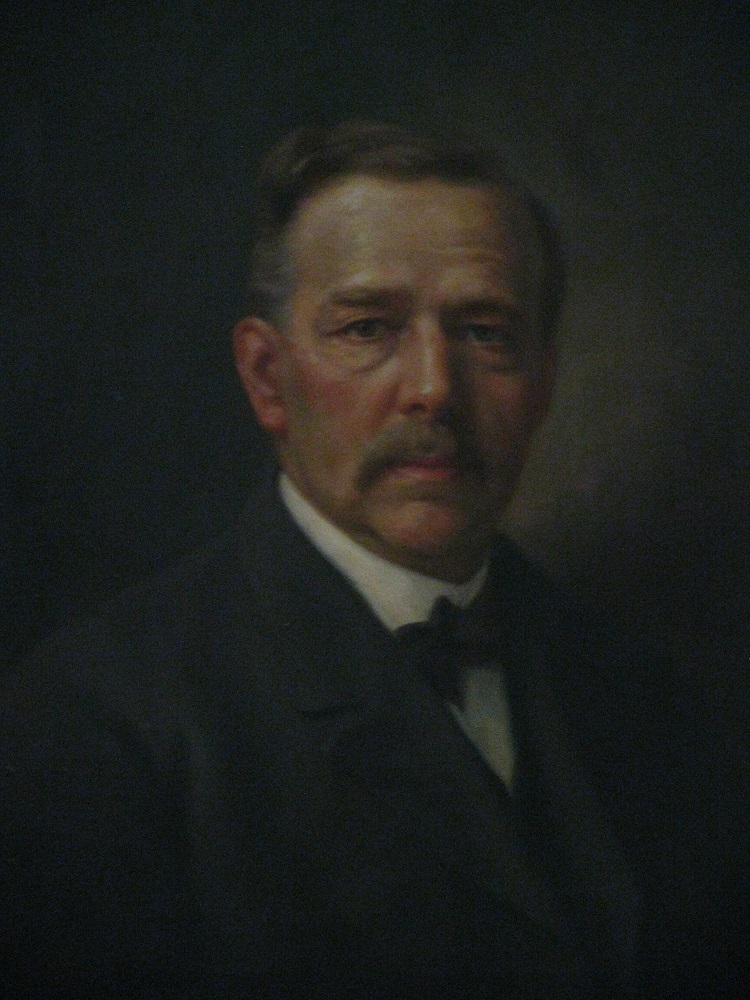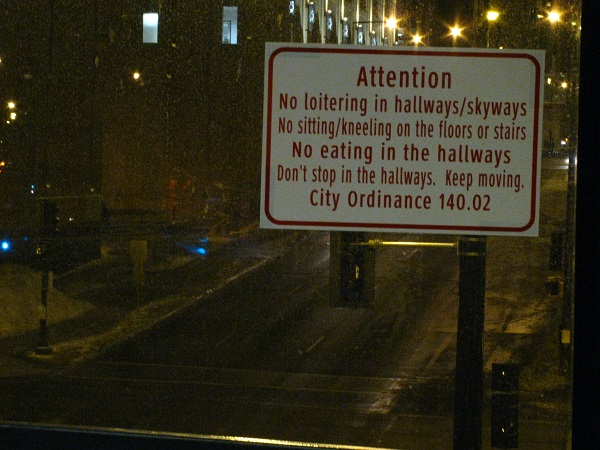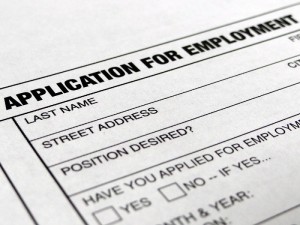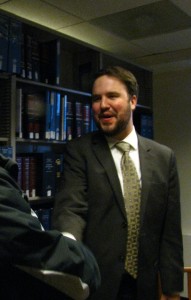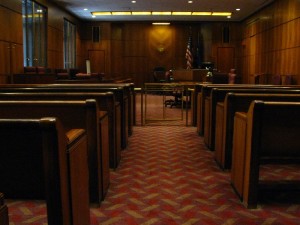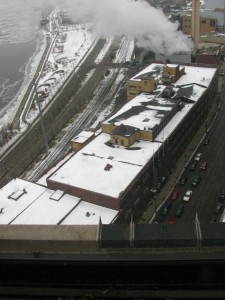Was your vehicle or other property recently seized by law enforcement as part of an investigation? You might feel that your car’s impoundment was downright criminal, but getting it back will require civil action on your part. And it’s not just cars that can be seized. Firearms are also subject to government seizure, as are recreational vehicles like your snowmobile or boat if they suspected to be tools in the commission of DWIs or fishing/gaming offenses. Last year brought some changes to Minnesota civil forfeiture law. In May the Minnesota Legislature passed legislation wherein the government would no longer be allowed to keep property and cash seized in drug cases when there is no criminal conviction. In August the Minnesota Supreme Court ruled in Garcia –Mendoza v. 2003 Chevy Tahoe that the exclusionary rule applied to civil forfeiture as well as criminal search and seizure actions. Despite these changes, this Minnesota House Research Information Brief from 2010 still provides good information on what Minnesota civil forfeiture law covers.
Unlike you, your property has none of the constitutional rights protected under criminal law, so actions to recover government-seized property have to be brought in civil court. More often than not, your seized property will be worth less than $15,000, so such recovery action would properly be brought in Conciliation Court. If you recently had your property seized in Ramsey County, and were served with a Notice of Seizure and Intent to Forfeit as part of a DWI arrest, you can find helpful procedural information at the 2nd Judicial District website. Demand Claim and other related forms are available at the Minnesota Courts website. You will also want to read the current Minnesota forfeiture statute (MN Stat. §609.531) for more information. Also consider coming to our Housing and Conciliation Court clinic for a free lawyer consultation to see where you (and your car) stand.
Despite the recent changes to Minnesota forfeiture law, civil forfeiture remains a controversial government tool. For example, this recent article from the Institute for Justice presents an investigation into the very usefulness of civil forfeiture as a force for civic good.
